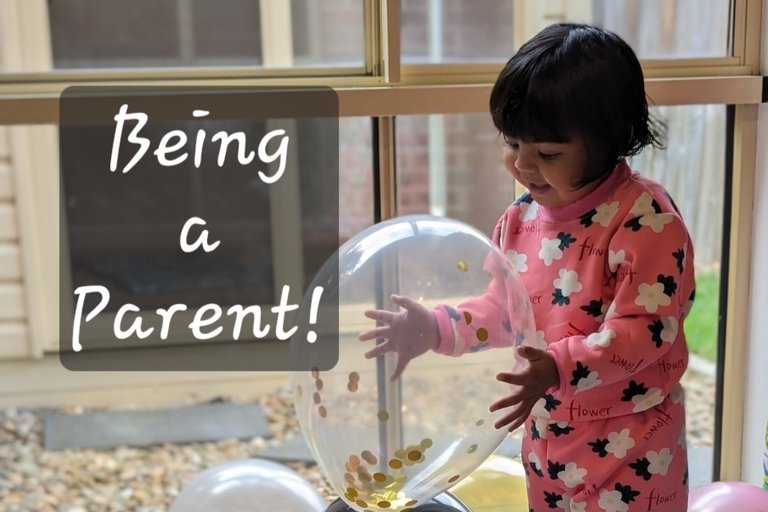Being a farmer since last few years, taught me many important aspect, which we can easily relate with our life. One such lesson is "sowing the seeds" at the right time and depth. This can help establish the crop cycle which can increase biomass and grain yield. Like wise we can makes a person discipline by incorporating the discipline seeds since childhood.
Discipline is a key personality trait that can help us achieve our goals and improve our quality of life in many ways. Discipline can help us complete tasks on time, stay organized, and focus on your work. It can also help us develop a drive to succeed and find joy in our accomplishments. Furthermore, it helps in improveing our mental well-being.

(own edited image)
There is guy in my neighbourhood, whom I alwsys consider one of the indiscipline person. I alwsys found his parents shouting after him, for bathing, brushing, eating, for studying and many other day to day activities. He does not have any fixed timing to follow. He wakes at around 10AM, goes to bed early and there are many other things which makes me hate that person. Moreover, I consider their parent role in making him indiscipline. Being only child to their parents, the pamperness made him to be like that, which made him unsuccessfull so far in life.
Discipline is the catalyst for progress.
The "right time" to start building discipline in life is as early as possible. This means starting to cultivate self-control and consistent habits from a young age, as it can significantly benefit us throughout our life, but it is never too late to begin developing discipline, even if we are an adult. Discipline is important in a child's development because it helps them learn boundaries, feel safe and secure, develop self-control, build good social skills, and ultimately prepare them to navigate the world by teaching them accountability and responsibility for their actions. It provides a foundation for emotional and cognitive learning by establishing clear expectations and consequences for behavior.
Discipline is important during parenting because it ultimately helps shaping their character and preparing them for a successful life as adults. It also creates a sense of security and safety for the child by establishing clear rules and limits.
Parents play a crucial role in a child's development by providing a nurturing environment, setting the foundation for social and emotional learning, fostering cognitive skills through interaction, acting as role models, supporting their child's education, and ensuring basic needs are met, which significantly impacts their overall well-being and future success.
Parenting role in incorporating Discipline.
Parents can and should discipline their children, but it's crucial to do so in a positive and constructive way, focusing on teaching appropriate behavior rather than harsh punishment. This means setting clear expectations, using consistent consequences, and providing explanations for why certain actions are not acceptable.
To effectively discipline children, parents can: set clear expectations, consistently enforce rules with logical consequences, praise positive behavior, explain reasons behind rules, use time-outs when necessary, give choices where appropriate, and model good behavior; always remaining calm and firm while communicating openly with their child to help them understand the connection between their actions and the consequences. Here are some of the key points to remember while cultivating discipline in our child.
Let your child know what behaviors are expected and what is not acceptable, explaining the reasons behind the rules.
Actively praise good behavior and catch your child doing things right to encourage repetition.
Link consequences directly to the misbehavior, making them relevant and age-appropriate.
Avoid yelling or getting overly emotional when disciplining, instead, use a firm and calm tone to explain expectations.
When possible, offer your child limited choices to give them a sense of control while still upholding boundaries.
Follow through with consequences consistently to ensure your child understands the rules are not negotiable.
- Help your child identify the problem, brainstorm solutions, and choose a positive way to respond in the future.
Children learn by watching, so demonstrate the behaviors you expect from them.
Spanking or other forms of physical punishment are not recommended as they can be harmful and are not effective in long-term discipline.
Avoid using insults or making your child feel small to correct behavior.
Do not sometimes enforce rules and sometimes not, as this can confuse your child.
When the kids misbehave is when we need to implement discipline." This means that discipline should be applied when a child is not following rules or acting appropriately, with the goal of teaching them responsible behavior and self-control. This helps children learn and understand boundaries, and develop responsible behavior by providing clear expectations and consequences for their actions.
Peace!!
Namaste @steemflow
Posted Using InLeo Alpha
Discipline is a very good quality that leads to the achievement of goals in any field and even more so in the work you do... well in general in everything in life. Have a great day!
You hit the nail on the head. You can't bend a child when he's fully grown. Most of those habits start from a young age. Discipline is key, and in most cases where the child is fully grown, sometimes talking to the child goes a long way rather than physical abuse